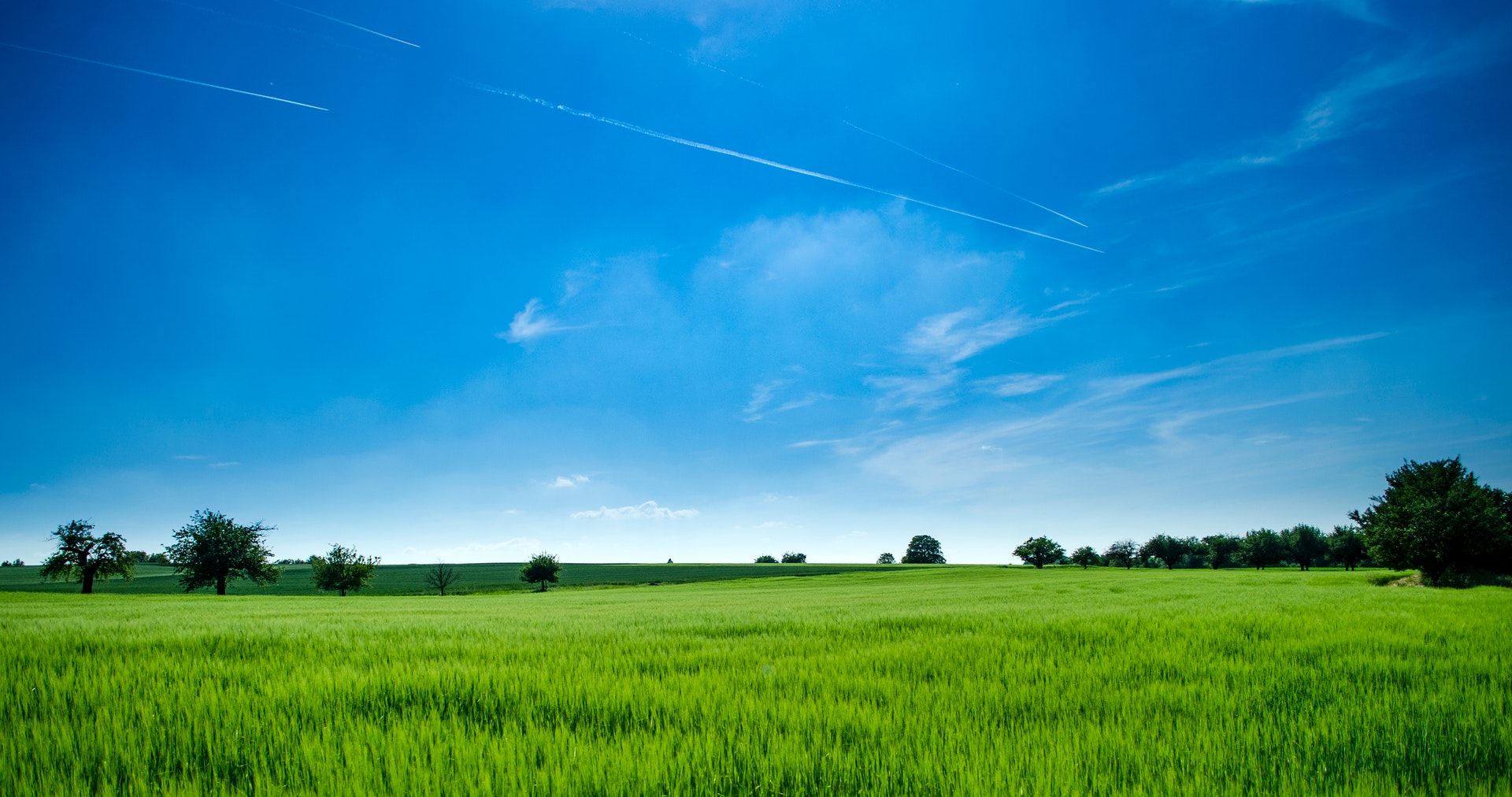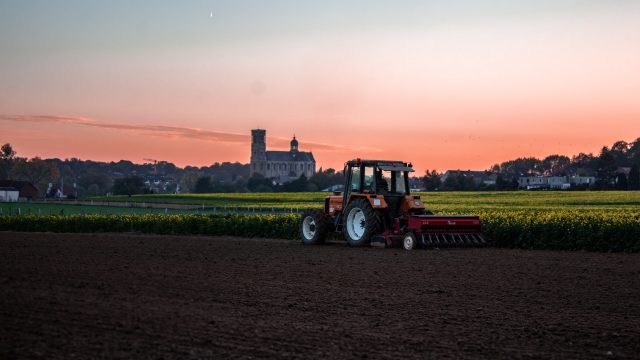Smart Farming
Smart Farming
Smart Farming is a part of agriculture management using modern Information and Communication Technologies to increase the quantity and quality of products.
Several technologies are available for present-day farmers:
Observing technologies, including soil examination, water, light, humidity, temperature management;
Software-based applications — niche software solutions that target specific farm types;
Communication technologies, such as cellular communication;
Hardware and software systems that enable IoT-based solutions, robotics and automation; and
Systematic data analytics, that underlies the decision making and prediction processes.
IoT-based farming cycle:
The core of the IoT is the data — and more data. For boosting up the agriculure process, IoT devices installed on a farm should collect and process data in a repeated cycle that enables farmers to quickly react to emerging issues and changes in ambient conditions.
Observation — sensors record observational data from the crops, livestock, the soil or atmosphere.
Diagnostics — the sensor values are fed to specific software with predefined decision rules and models that ascertains the condition of the examined object and any deficiencies or needs.
Decisions — after issues are disclosed, the software ascertain whether location-specific treatment is necessary and if so, which to be implemented.
Implementation — the treatment needs to be performed by means of the correct operation of machines.
Applications of IoT in agriculture
It is assumed that the IoT can add additional value to all areas of farming from growing crops to forestry. In this blog, we’ll talk about two big spheres where IoT systems can revolutionize agriculture: precision farming and farming automation/robotization.
Accurate Farming
Accurate farming, or precision agriculture, is an umbrella notion for IoT-based approaches that make farming more controlled and accurate. In simple words, plants and cattle get accurately the treatment they needed, determined with great reliability. The major contrast from the classical approach is that precision farming allows decisions to be made per square meter or even per plant/animal rather than for a field.
By accurately measuring variations within a field, farmers can boost the effectiveness of pesticides and fertilizers, or use them selectively.
Accurate Livestock Farming
Similar as the model of accurate agriculture, Smart Farming methods allows farmers to better analyze and monitor the needs of individual animals and adjust their nutrition correspondingly, thereby preventing disease and enhancing herd health.
Therefore, Big farm owners can use wireless IoT applications to monitor the location, well-being, and health of their cattle. With this information they can identify animals that are sick so they can be separated from the herd, and prevent the spread of disease.
Automation in Smart Greenhouses
IoT driven smart greenhouse intelligently monitors as well as controls the climate, eliminating the need for manual intervention. To implement it, different sensors that measure the environmental parameters according to the plant requirement are used and store it in a cloud for further processing and control with minimal manual intervention.
Agricultural Drones
Agriculture is one of the major industries to incorporate both ground-based and aerial drones for crop health assessment, irrigation, crop monitoring, crop spraying, planting, soil and field analysis and other spheres.
It is believed that the potential of a smart web of sensors, actuators, cameras, robots, drones, and other connected devices brings an unprecedented level of control and automated decision-making and drives the ecosystem towards sustainable and long lasting growth strategy.
In future generation, pesticide and fertilizer use will drop while overall efficiency will be optimized. Technologies based on IoT will enable better detectability of food which in turn will lead to increased food safety. This will leas to be advantage for the environment, for example, through more efficient use of water, or optimization of treatments and inputs.
Hence, Iot-based Farming has a real possibility to produce more productive and sustainable agricultural production, based on a more precise and resource-efficient approach.
Conclusion:
If You have any queries you can drop your questions below,
we will be happy to solve your problems.
Thanks for reading…!!!
Kamalalata Agrofarms
https://kamalalataagrofarms.com/



